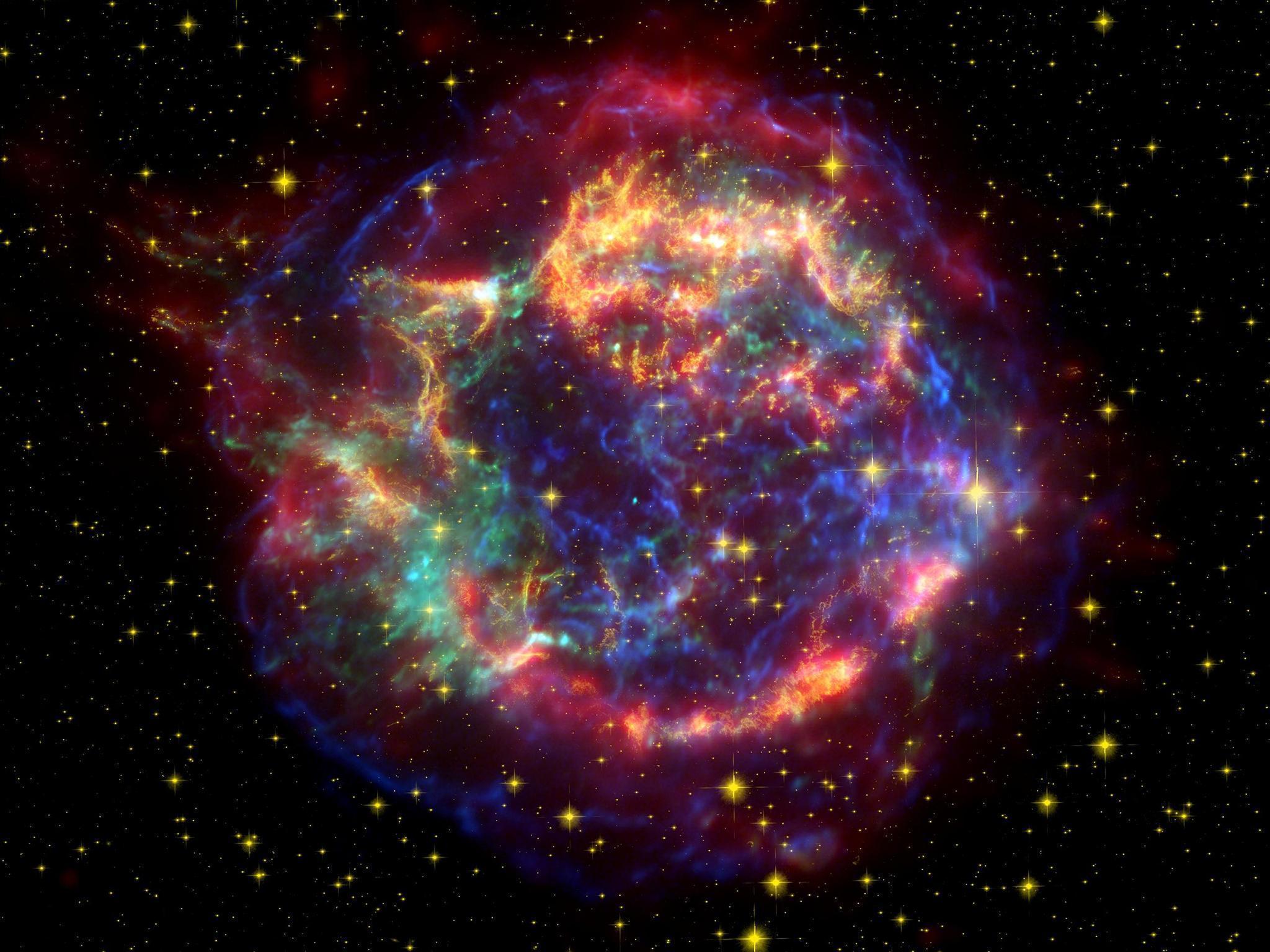Asgardia: Scientists create new nation state in space, allow people to get citizenship
The project hopes to save humanity from the dangers of space, and space from the dangers of humanity

Your support helps us to tell the story
From reproductive rights to climate change to Big Tech, The Independent is on the ground when the story is developing. Whether it's investigating the financials of Elon Musk's pro-Trump PAC or producing our latest documentary, 'The A Word', which shines a light on the American women fighting for reproductive rights, we know how important it is to parse out the facts from the messaging.
At such a critical moment in US history, we need reporters on the ground. Your donation allows us to keep sending journalists to speak to both sides of the story.
The Independent is trusted by Americans across the entire political spectrum. And unlike many other quality news outlets, we choose not to lock Americans out of our reporting and analysis with paywalls. We believe quality journalism should be available to everyone, paid for by those who can afford it.
Your support makes all the difference.Scientists have launched the first new space nation. And anyone can become a citizen of it.
The new space nation of Asgardia hopes to save the human race twice over. First, it will look to protect it from warfare in space; and second it will try and keep humanity safe from the dangers coming from outside of atmosphere, protecting us from threats like space debris and asteroid collisions.
Those behind Asgardia hope that creating the country is the first step of a new era in the space age. And they intend to start that by sending rockets into the sky.
The country will send its first satellite into space in 2017. From there, Agardia hopes to “open up access to space for commerce, science and peoples of all countries on earth”.
The scientists behind the plan launched it in Paris this week, and named it after the city of skies that was ruled by Odin from Valhalla in Norse mythology.
It is being led by Igor Ashurbeyli, who leads the Aerospace International Research Center in Vienna and is chairman of UNESCO’s science of space committee. But Asgardia was created in consultation with “globally renowned scientists, engineers, entrepreneurs and legal experts”, according to those behind it.
The country is hoping to become a fully recognised country, said Dr Ashburbeyli. And when it does so it will be able to promote values central to scientists, he claimed.
“Asgardia is a fully-fledged and independent nation, and a future member of the United Nations - with all the attributes this status entails,” he said in a statement. “The essence of Asgardia is Peace in Space, and the prevention of Earth’s conflicts being transferred into space.
“Asgardia is also unique from a philosophical aspect – to serve entire humanity and each and everyone, regardless of his or her personal welfare and the prosperity of the country where they happened to be born.”
The country will allow for anyone to apply for citizenship.
“Any human living on Earth can become a citizen of Asgardia,” the site’s citizenship page reads. It includes a link to a form to join the country, which is done just by handing over your first name, last name, email and country.
But the new project also hopes that it can completely change the idea of the nation state. It hopes to create a new framework for how space activities are regulated and owned, changing who’s responsible for what goes on there and how it can be governed.
Doing that should help make sure that the future of space is peaceful and done for the benefit of humankind, rather than forcing a new kind of race to colonise parts of space and push warfare that’s happening on earth up and out of our atmosphere.
“An appropriate and unique global space legal regime is indispensable for governing outer space in order to ensure it is explored on a sustainable basis for exclusively peaceful purposes and to the benefit of all humanity, including future generations living on planet earth and in outer space,” said Ram Jakhu, the director of the Institute of Air and Space Law at McGill University in Montreal. “The development of foundational principles of such a legal regime ought to take place at the same time as technological progress is being made.”
But the project hopes to keep people on Earth more safe, too. One of the project’s first initiatives will be to create a protective shield that keeps human kind from “cosmic manmade and natural threats to life on earth such as space debris, coronal mass ejections and asteroid collisions”.
Scientists have warned repeatedly that those threats are being underestimated. Scientists have warned that there are thousands of pieces of debris that could crash down to Earth, and that coronal mass ejections coming from the Sun could potentially wipe out all communications on Earth.
Join our commenting forum
Join thought-provoking conversations, follow other Independent readers and see their replies
Comments